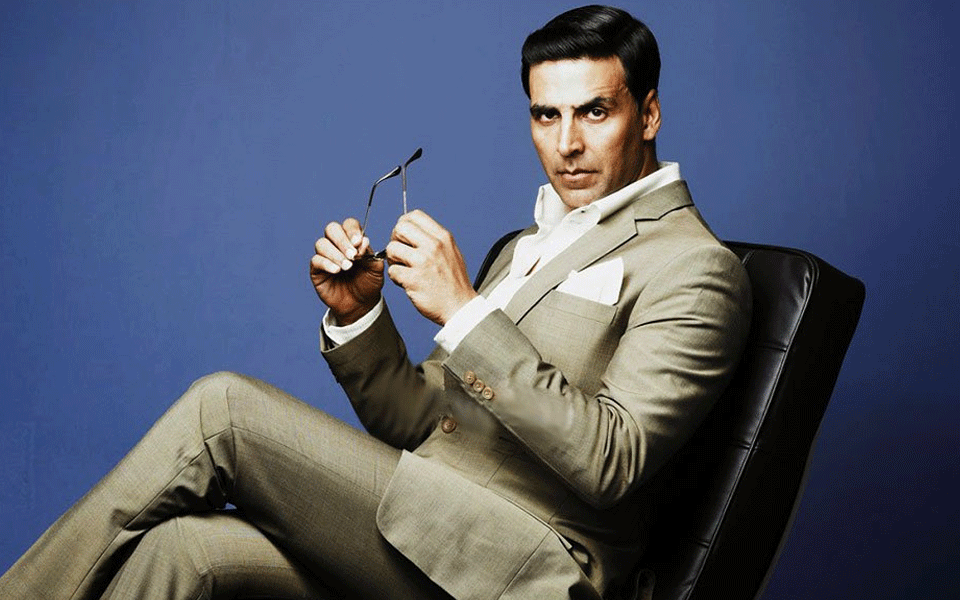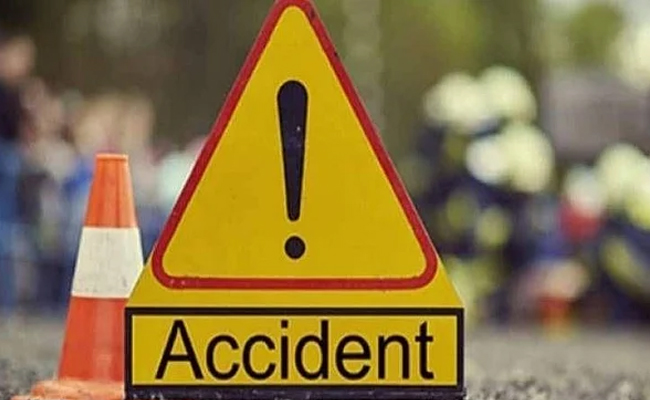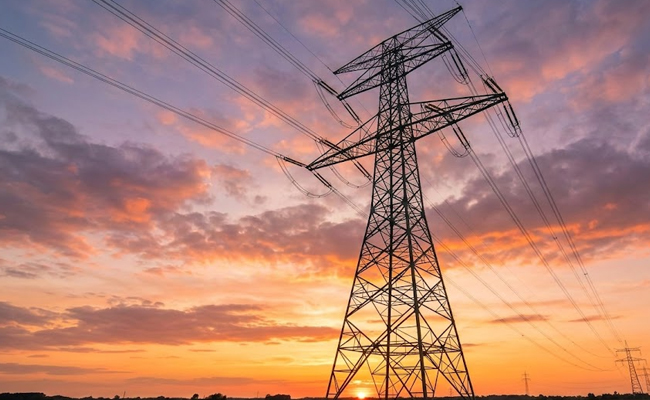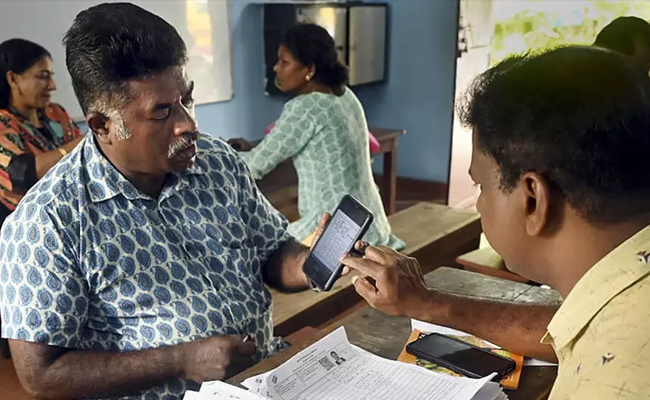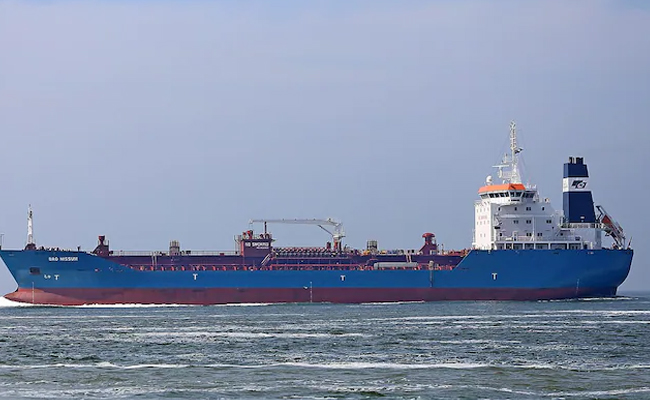Mumbai, Nov 19: Actor Akshay Kumar says he was drawn to the film industry because it offered a lot of money for someone who was struggling back then.
The actor started out his film career primarily as an action hero before blooming into an all-round star.
"I did a lot of action films earlier because I knew nothing else. For 11-13 years, I did only action. I did Thai boxing in Bangkok for five years. Back then I had made up my mind that I'll come to Mumbai and open a martial arts school.
"Honestly, the only thing which brought me to the industry was only money. I just came here to earn money," he said.
Akshay said he used to make Rs 5,000 per month teaching martial arts but once earned Rs 21,000 simply by posing as a model and it changed his perspective.
"I used to get paid Rs 5,000 a month when I used to teach martial arts. Once someone asked me to do modelling. I tried modelling for a furniture showroom. There was a model and we both posed and I got Rs 21,000 within two hours!
"I thought what better place to be than here! I thought now I'll do modelling and then eventually entered films," he said speaking at the World Toilet Summit. He is the Harpic Sanitation Ambassador.
Akshay started his career as an action hero but became a star in comedy and romantic genre before switching to varied roles and socially relevant stories.
"I must have done about 135-140 films where most of my initial films were only action. No producer or director would even look at me thinking 'He won't be able to act so just give him action,' I did that then gradually shifted to comedy and then romantic films," he said.
The actor believes commercial movies with social messages have a wider reach than documentaries.
"I personally believe there is no point making documentary films. I've seen several times in many villages, sorry to say, but nobody reacts to that. People like to see a commercial film. I consider myself lucky who got an opportunity to do commercial cinema and give people a social message in a very different way," he added.
Let the Truth be known. If you read VB and like VB, please be a VB Supporter and Help us deliver the Truth to one and all.
Bengaluru (PTI): A 22-year-old man has been arrested for allegedly killing his uncle following a dispute over vacating a house and attempting to pass off the death as accidental, police said on Wednesday.
The accused has been identified as Masroor Ahmed.
The victim, Inayath Pasha, was living alone on the ground floor of his sister’s house in Austin Town on a lease basis. Police said he had a disability in his left leg due to polio since birth, and earned his livelihood as a two-wheeler mechanic.
According to the complaint, on the evening of March 1, Pasha’s son visited him at home and found him lying unresponsive.
On checking, he discovered that his father had died. A case of unnatural death was initially registered at the Viveknagar police station.
During further investigation, police questioned Pasha’s sister, her son, and other relatives.
A relative raised suspicion about the circumstances of the death, following which a murder case was registered, a senior police officer said.
During interrogation, it emerged that an argument had taken place on March 1 between Pasha and his nephew, Ahmed, over vacating the house.
Police said that during the altercation, Ahmed allegedly assaulted Pasha, causing him to lose consciousness and collapse.
The accused then placed him on the bed and left the scene, police added.

